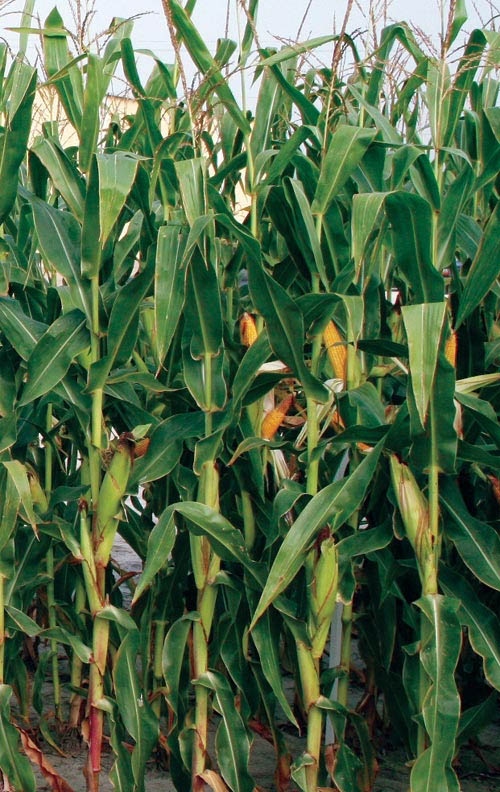November 12, 2010

Panelists during a portion of the Ag Energy Symposium recently in Washington agreed that renewable biomass from domestic farms and forests could provide a number of opportunities for energy and fuel to American consumers. The question is how to best take advantage of the readily available biomass and make it a tangible commodity for energy.
"We are always looking for opportunities to become more diverse in our farming operations," NCGA President Bart Schott said. "Using biomass such as corn stover to produce cellulosic ethanol could be an important step in creating the next generation of biofuels. We are pleased to have leading industry representatives share innovative ideas and techniques to help us reach that goal even faster."
John Hickman with John Deere Co. explained the forward-thinking ideas of his company to use pre-existing equipment systems, such as combines, and add attachments or minor modifications to collect biomass instead of inventing new machinery. "There is no one solution for biomass collection," Hickman said. "But enabling agronomic sustainability is very important to Deere."
Hickman also mentioned several factors that Deere considers when inventing modifications for machinery to harvest crop residue including soil erosion, management of plant nutrients and environmental degradation. A representative of DuPont Danisco Cellulosic Ethanol provided another perspective on the issue of commercializing feedstocks and the potential for corn stover. With increasing corn yields to feed and fuel the world's ever-growing population, we will also see an increase in corn stover, Kyle Althoff said. "The potential for cellulosic ethanol to partner with corn ethanol plants on corn stover is there, but we don't see it replacing corn ethanol."
One caution given during his presentation was to keep an eye on stover removal impacts. While corn stover can be an extremely integral part of cellulosic ethanol, it is also beneficial to the soil. Farmers must be mindful of the amount of stover removed to maintain a nutrient balance.
You May Also Like




